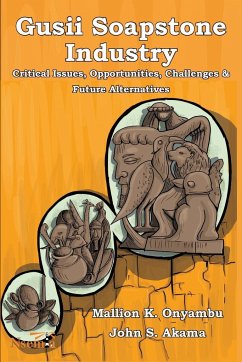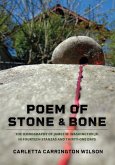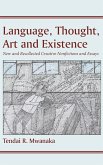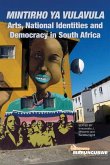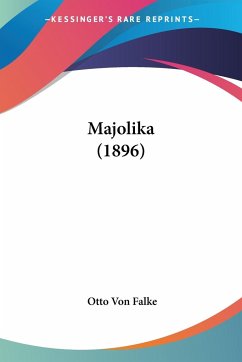As is the case with most African indigenous industries, not much research has been done on the Gusii soapstone industry. Consequently, the main aim of this book is to fill the identified gap. Specifically, this book traces the origin of the Gusii soapstone industry, going through various stages, i.e. the Pre-Colonial, Colonial and Post-Colonial periods. Within this historical context, the book provides an elucidation of the social, economic, political and cultural factors that have impacted on the evolution and/or development of the soapstone industry. A critical issue captured in the book is the fact that, over the years, the soapstone handicraft products have been transformed from being items of utility for the local people to, mainly, becoming non-utility items that are sold to outsiders, particularly international tourists as unique pieces of indigenous handicraft and/or African art. However, it should be noted that, notwithstanding this transformation, indigenous cultural attributes and/or cultural themes that would have otherwise disappeared, due to increased impacts of globalization, are being preserved by the sculpturing of unique indigenous soapstone products. Furthermore, currently, the soapstone industry has become a major source of livelihood for the Gusii people of Tabaka in Southwestern Kenya.
Hinweis: Dieser Artikel kann nur an eine deutsche Lieferadresse ausgeliefert werden.
Hinweis: Dieser Artikel kann nur an eine deutsche Lieferadresse ausgeliefert werden.

